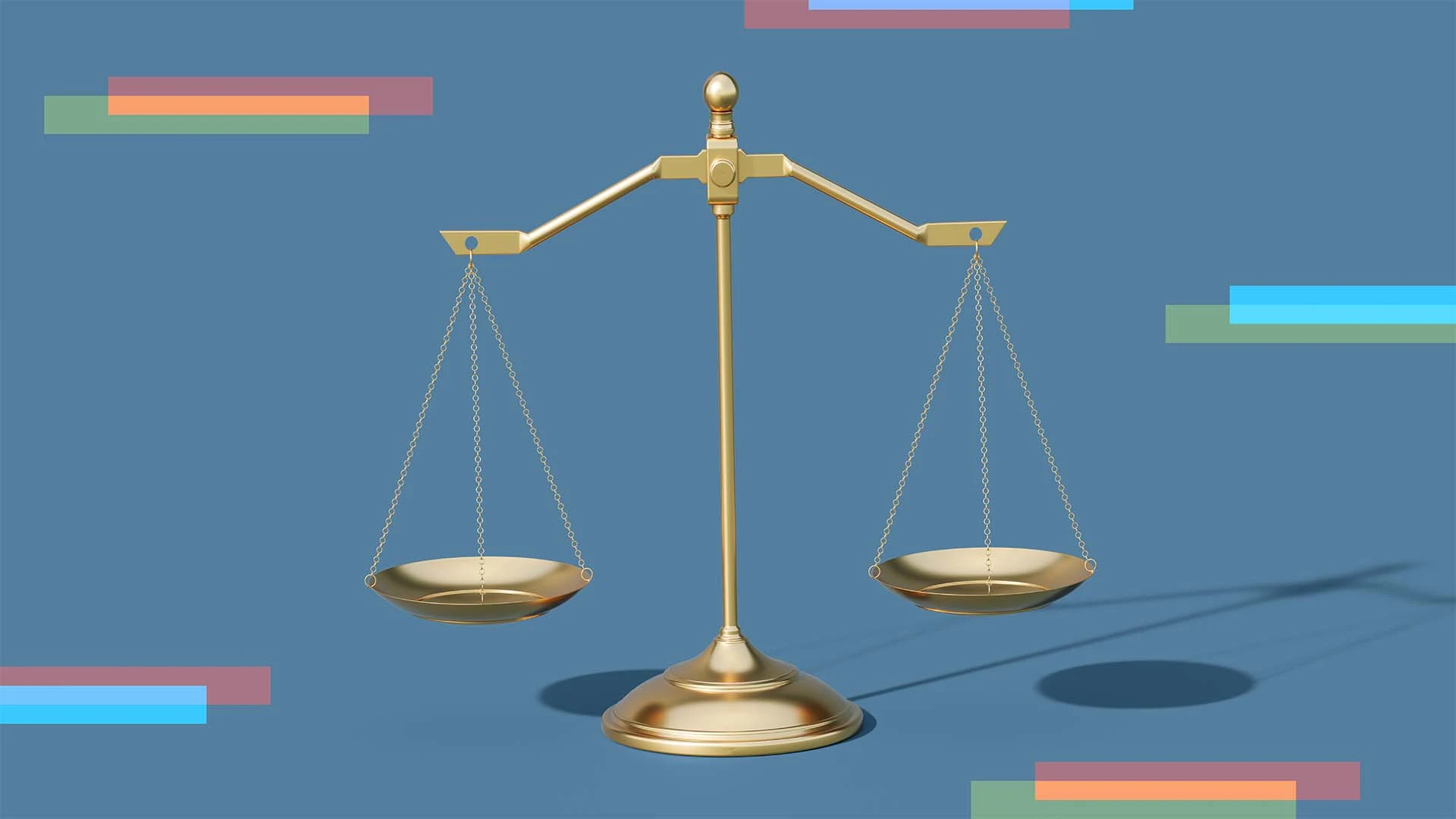
Business owners face one less threat of falling afoul of federal regulations, though that might not be good news to all entrepreneurs. This week, the Employment Opportunity Commission (EEOC) officially abandoned investigations of any discrimination complaints based on disparate impact liability, long viewed as an effective legal tool in those cases.
What that means for employers is they no longer have to worry about being pursued by federal agencies for allegedly having policies or business practices that may unintentionally disadvantage certain groups of employees in hiring or promotion decisions. That’s the consequence of the EEOC now acting on an April executive order requiring all area, local, and district offices to cease pursuing worker complaints founded on disparate liability impact grounds, according to an internal memo reported by the Associated Press.
For decades, that legal concept has allowed the EEOC and other agencies to investigate, and at times censure workplace procedures that upon first view may appear fair — but whose application are found to create discriminatory challenges or obstacles for certain workers. The order to cease use of disparate impact means that as of September 30, EEOC officials dropped all open inquiries based on that legal liability, and refuse to accept additional complaints citing it.
‘Crippling legal liability’
The EEOC action comes in the wake of President Donald Trump’s executive orders to eliminate diversity, equality, and inclusion policies and equality opportunity practices by federal agencies — and encourage the spread of those prohibitions to the private sector. That’s happening through campaigns pressuring organizations and businesses to abandon a range of principles Trump and his supporters decry as “woke.” Disparate impact liability clearly falls into that category.
Featured Video
An Inc.com Featured Presentation
“Disparate-impact liability all but requires individuals and businesses to consider race and engage in racial balancing to avoid potentially crippling legal liability,” said Trump’s April 23 executive order, which the EEOC has now applied. “It not only undermines our national values, but also runs contrary to equal protection under the law and, therefore, violates our Constitution.”
While constituting a main plank of his political platform, Trump’s efforts to eliminate so-called “woke” concepts or policies in federal agencies is being paired with his effort to spare employers the time and money required to comply with numerous regulations.
In banning disparate impact liability as part of that drive to ease life for businesses, Trump’s order decries the legal concept for creating “near insurmountable presumption of unlawful discrimination… even if there is no facially discriminatory policy or practice or discriminatory intent involved.”
Most, if not all business owners, are likely to be relieved at no longer running the risk of being called out by the EEOC for well-intended policies that inadvertently produce discriminatory effects. But entrepreneurs who believe employers should be held accountable for both intentional and accidental bias against any employee may feel troubled by the disparate impact liability ban.
That concern may be all the greater with the increasing use of artificial intelligence (AI) in hiring, staff management, and promotion decisions that’s rapidly expanding across business.
The reason? Evidence indicates that AI tools digest and act upon all the biases of humans overseeing their development and training. Meanwhile as AI platforms continue vacuuming up vast amounts of information to broaden their response capabilities, they also integrate partialities, or even prejudices from their data sources — including flawed internal employer practices.
Indeed, Amazon stopped using an app that analyzed resumes sent in by higher-level recruits when the company realized the technology was favoring male candidates. In doing so, the automated AI agent apparently reflected conscious and unconscious biases in Amazon’s predominantly male tech workforce. By contrast, job post platform Indeed has developed an AI agent to help employers avoid unwanted biases in their decisions and policies.
‘Resegregate the workforce’
As small business owners and corporate giants continue adopting AI tools in their businesses, worries are rising that the biases contained in the data that apps operate on will increase the number of discriminatory company policies.
“As AI is becoming more and more popular, it’s particularly important that we have the disparate impact tools available to be able to police it and make sure it’s not being used to resegregate the workforce,” said civil rights and plaintiff-side employment attorney Christine Webber told the Associated Press.
Despite Trump’s order and the EEOC’s new prohibition of disparate impact liability, companies would be wise to keep an eye open to any possibly unintentional discrimination results of their policies.
As labor relations law firm Littler notes, even if the EEOC has abandoned disparate impact as grounds for investigating worker complaints, it remains an applicable discrimination charge under Title VII of the Civil Rights Act of 1964. That means that even though plaintiffs must first make what will now be a doomed disparate impact liability complaint to the EEOC, they can then file that as a suit in civil court once the federal agency rejects it.
“Moreover, many states impose laws establishing disparate impact liability under their state non-discrimination laws,” a Littler blog post on the EEOC ban said. “Employers facing challenges to employment practices or charges of discrimination alleging disparate impact liability are advised to consult with counsel.”
Meaning, even business owners who cheer the demise of disparate impact liability for the same reasons Trump banned it may still find themselves as concerned about its various consequences as less enthusiastic entrepreneurs worried it may result in increased workplace discrimination.



